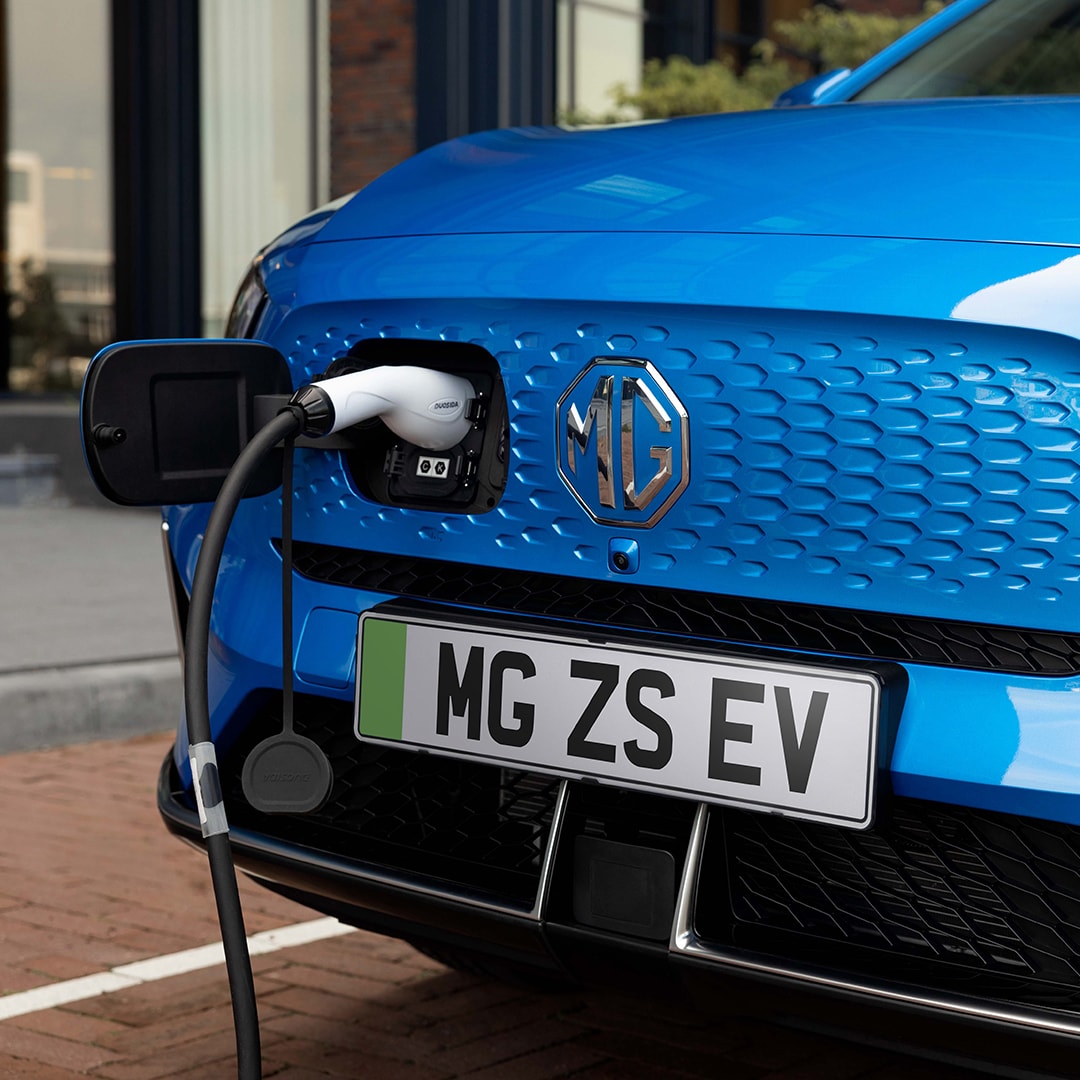Benefits of Electric Cars

As electric vehicles become increasingly mainstream and more manufacturers launch new models, many of us are now considering buying an electric car. There are a wide range of electric car benefits for drivers considering making the switch, from environmental benefits to reduced running costs, here are all the advantages of owning an electric car.
Advantages of Electric Cars
Electric Cars Are ULEZ Compliant
The ULEZ (Ultra Low Emissions Zone) is a traffic pollution charge scheme whereby vehicles that emit a certain amount of pollution are charged for driving in a restricted area. The aim of the scheme is to reduce exhaust gas emissions in Central London.
One of the advantages of electric cars, including New MG ZS EV, is that they do not emit any CO2 or other harmful gasses from the exhaust pipe, as they are powered by a battery rather than petrol or diesel, and therefore are not subject to any charges in the emissions zone.
In October 2021, ULEZ expanded to all areas within the North Circular (A406) and South Circular (A205) roads, but the North and South Circular are not in the zone. All cars within the expanded zone will need to meet ULEZ emissions standards or pay a daily charge of £12.50. Therefore, electric cars can help drivers avoid these additional costs.
Charging is cheaper than fuel thanks to the EV chargepoint grant
Electricity is often significantly cheaper than petrol. Depending on your electricity deal at home, your electric car could save you on average £1,000 in fuel costs. Better yet, government schemes like the EV chargepoint grant (previously the Electric Vehicle Homecharge Scheme grant), makes charging your electric car even cheaper.
The EV chargepoint grant provides up to 75% towards the cost of installing a home charging point (the grant cap is £350 including VAT per installation), as home charging is the cheapest and fastest way to power your electric vehicle. The all-weather charging station can be installed either inside or outside of your home and can recharge your electric vehicle in a matter of hours for a fraction of the cost of public charging points.
At home charging is not only more convenient, with you being able to fuel your car in your own home compared to stopping at a petrol station, but more cost effective. The cost of charging, as well as government schemes, all contribute to the low running costs of electric cars.
Electric car environmental benefits
Electric cars produce zero tailpipe emissions, which means they do not emit any harmful exhaust gases into the air. This can benefit the environment as exhaust gases can contribute negatively to a number of health conditions and also impacts on climate change.
Aside from the obvious benefit of no emissions, electric cars are also more energy efficient than regular vehicles, which means they use their energy in a more productive way and require less energy to get you to your destination.
Electric cars are only going to become greener as they get more popular. With greater demand, comes greater supply, which will increase the amount of used electric cars and spare parts entering the market. This means that consumers don't always have to shop new, and instead, can start to recycle old electric vehicles which is great for the environment.
Better driving experience
Many assume that the power of an electric vehicle is less than that of a petrol or diesel model, but in many cases this is untrue. Often, electric vehicles perform better than combustion engines in terms of power, torque and acceleration. They can also be found to handle better, as electric vehicles have a lower centre of gravity due to the heavy batteries mounted in the chassis.
Another advantage of electric cars is that they are also designed to be as efficient as possible, with less moving parts to the vehicle.
There are generally three main components; the on-board charger, inverter and motor. This means there is reduced wear and tear and less stress on the motor, with fewer parts susceptible to damage. You can learn more about how to charge your electric vehicle with our article.
Electric cars are less noisy than petrol cars
Electric cars not only reduce the amount of CO2 pollution entering the atmosphere, but also reduce noise pollution. They are much quieter than diesel and petrol cars because they do not have an internal combustion engine. In fact, the only noise that electric cars make comes from the tires and wind pressure.
By law, an Acoustic Vehicle Alert System (AVAS) now needs to be present in all electric vehicles so that they can emit a noise when driving slowly, for example when reversing. This alerts pedestrians, cyclists or other drivers to the presence of the vehicle, which is one of the many safety features present in new electric cars.
For more information on electric cars visit our Electric Life blog, or view our range of electric and hybrid MG cars today.
